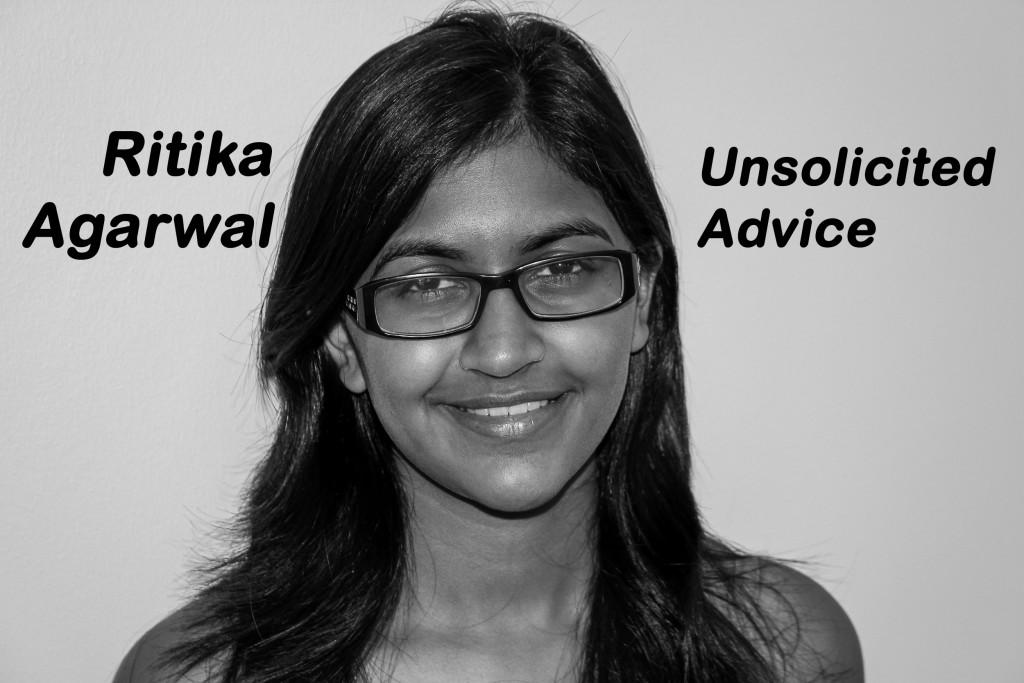We at Grinnell like to believe that we are liberal. We are sensitive to other people’s cultures and backgrounds and we would never intentionally hurt someone’s feelings. We passionately defend the rights of the oppressed, we advocate individual freedom in all respects. Grinnell has drilled into us the importance of being politically correct. We’ve all heard the word “micro-aggression” more times than we really needed to during NSO. The political correctness of discussion at Grinnell leaves little room for disagreement or conflict—at least in my experience.
I recently had a conversation with a friend that made me start to question the political correctness of it all. The conversation started with me expressing some views about science and the humanities. I said—and I apologize if this offends anyone—that I see science as more useful than the humanities, and that I didn’t see how my philosophy or English classes could affect real change in the world. My friend’s reaction was both unexpected and shocking—didn’t I realize that by saying that philosophy couldn’t affect real change in the world, I was invalidating the hard work put in by philosophy majors? By saying that science was more useful than the humanities, wasn’t I “major shaming” people who weren’t into the sciences? My ideas, she said, were completely anti-Grinnellian, and equivalent to the argument for men’s rights or “meninism”—pointless and offensive.
This was my first experience being on the “non-liberal” side of an argument, so to speak. My friend made some good counter-arguments to my supposition that science was more useful than the humanities, but whether or not the sciences actually are more useful than the humanities isn’t the point of this column. What I want to stress about the conversation was how quickly my friend jumped to ridiculing my point, ending the discussion on a bitter, unsatisfying note.
The whole thing reminded me of a time back in India when I found out that a friend of mine genuinely believed that women shouldn’t be “too dominant.” At first his views made me very, very angry. How could someone in this day and age have such backward, offensive views? I reacted aggressively. I yelled, made fun of his opinions and tried to involve other people in the argument so that he would see he was being totally unreasonable. I was sure that all my female friends would react the same way I did, and most did—all but one who stayed quiet throughout the discussion.
When I asked her why she wasn’t upset by these awful, biased views, she told me that they were perfectly valid. This kid had grown up in a conservative household, his parents held these beliefs and had passed them onto him. Ridiculing and taunting him wouldn’t change his mind because to him, these beliefs were perfectly reasonable. He wasn’t stupid, he didn’t have bad intentions, he just came from a different background than us.
And with that comes the lesson: reasonable, well-intentioned people can and will disagree on certain issues.
You are almost certain to come across people from different backgrounds with different perspectives than yours. Some views may make you uncomfortable, or even offend you. That’s the whole point of being at a place as diverse as Grinnell. It’s easy to completely dismiss so called “non-liberal” views as stupid and pointless, to call anything that makes you uncomfortable wrong and offensive, but paradoxically, that makes you just as intolerant as the people you call intolerant.
Passion in the face of discrimination isn’t a bad thing, but I feel like we at Grinnell need to learn to distinguish between active discrimination and differing perspectives. I have close family members and friends whose views I completely disagree with—that doesn’t mean I interpret their views as a personal attack and react defensively.
Militant liberalism is hypocritical. My advice is to avoid it.
Categories:
The Paradox of Militant Liberalism
November 6, 2015
1
0
More to Discover



















































Denis Navratil • Nov 15, 2015 at 8:17 am
Good commentary Ritika, though I will quibble on a few points. First, the conclusion among your peers that advocating for men’s rights is unnecessary seems odd in light of the supposed* campus rape epidemic throughout the U.S. and subsequent “trials” which often deny men due process. Secondly, I would challenge your assertion that Grinnell is diverse. Sure, you might have students from numerous countries with widely varying skin colors etc… but isn’t the point of that to bring diverse perspectives to campus? Yet according to your first sentence, everyone is liberal. There would seem to be virtually no ideological diversity on campus. Too bad for the students at Grinnell as they will leave campus with little opportunity to understand conservative thought, much less embrace it.
* I struggled with word choice here. By no means do I suggest that rape does not occur on college campuses. Rather, I think that some of the statistics bandied about are highly suspect.